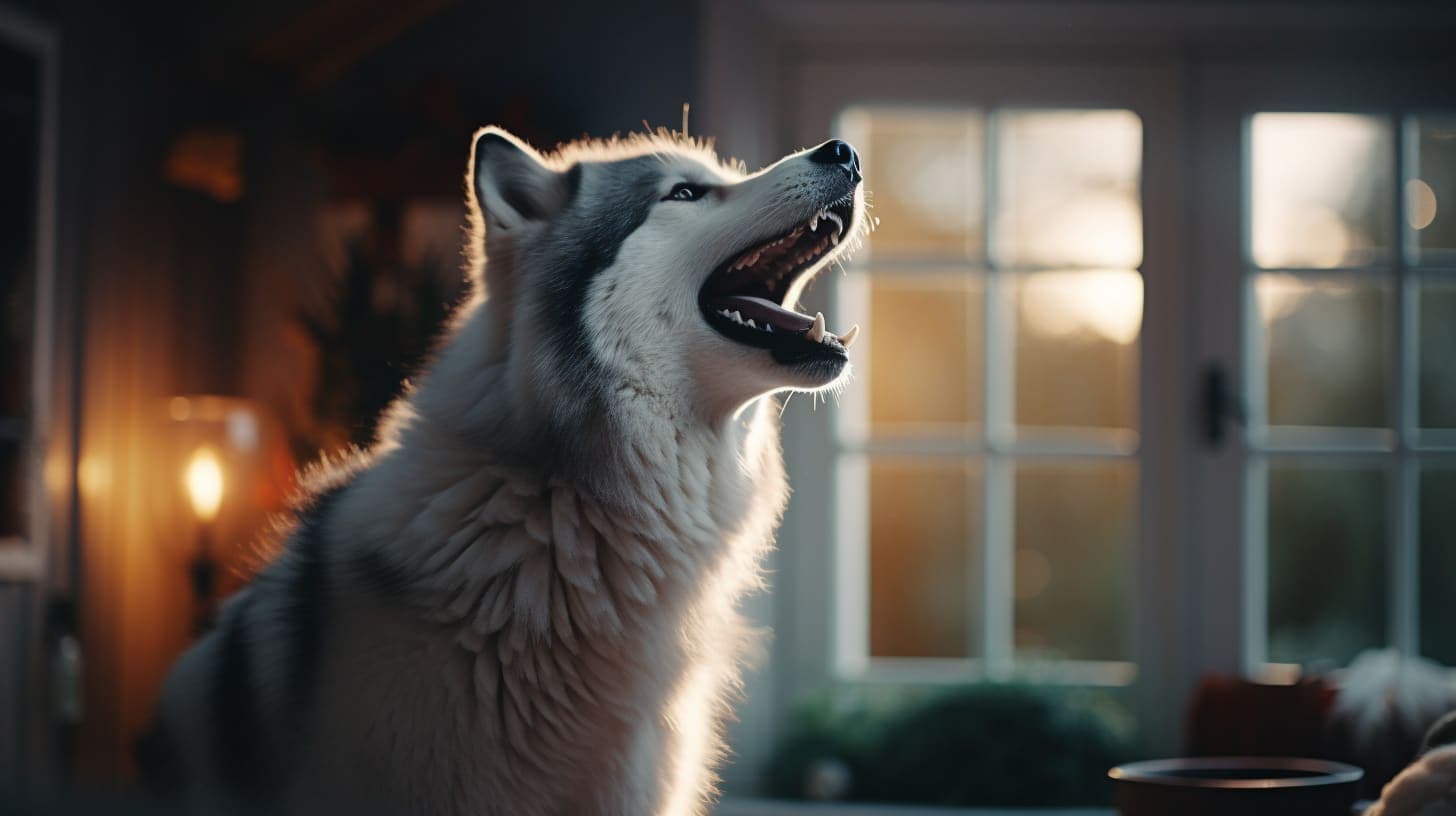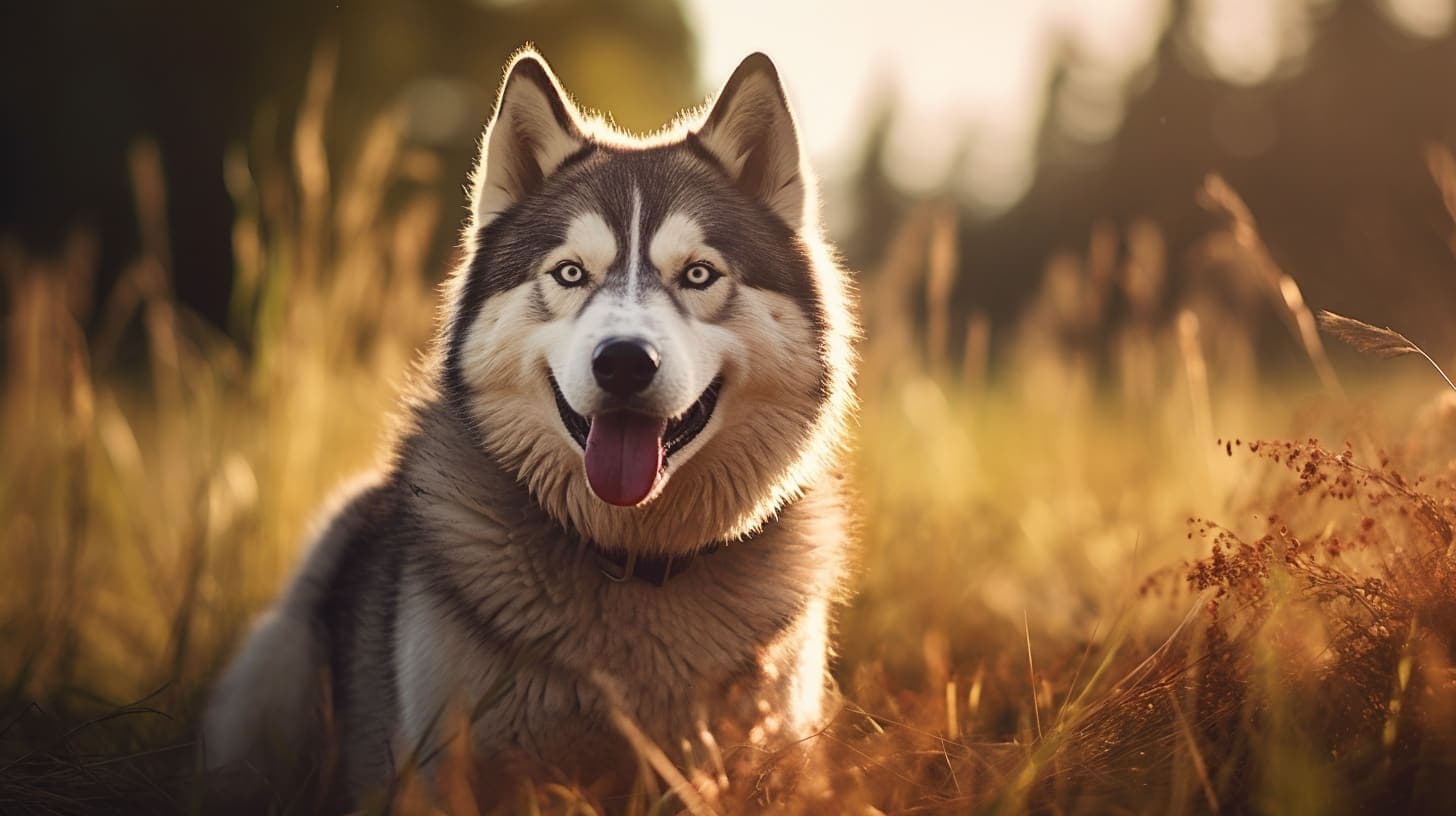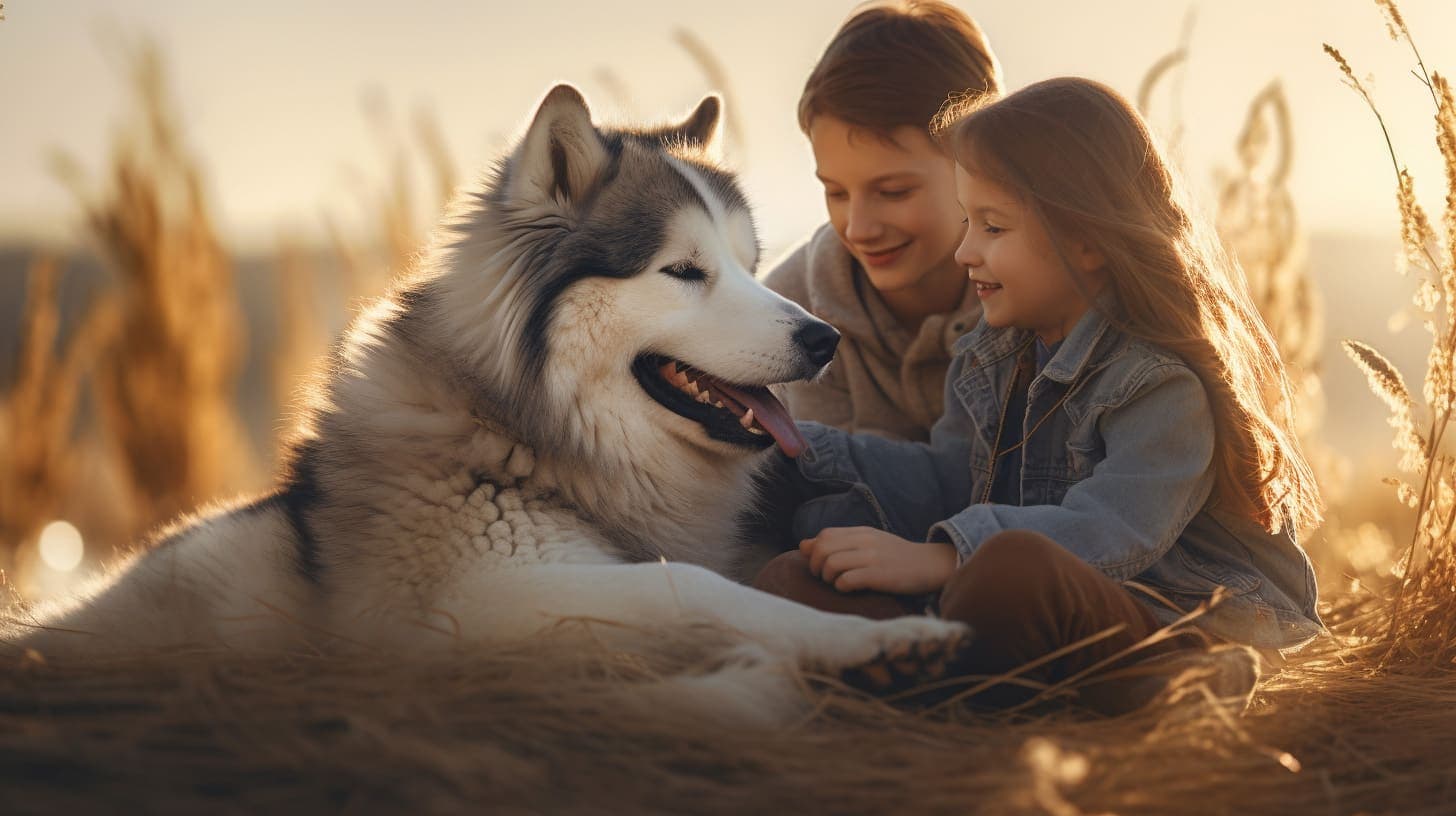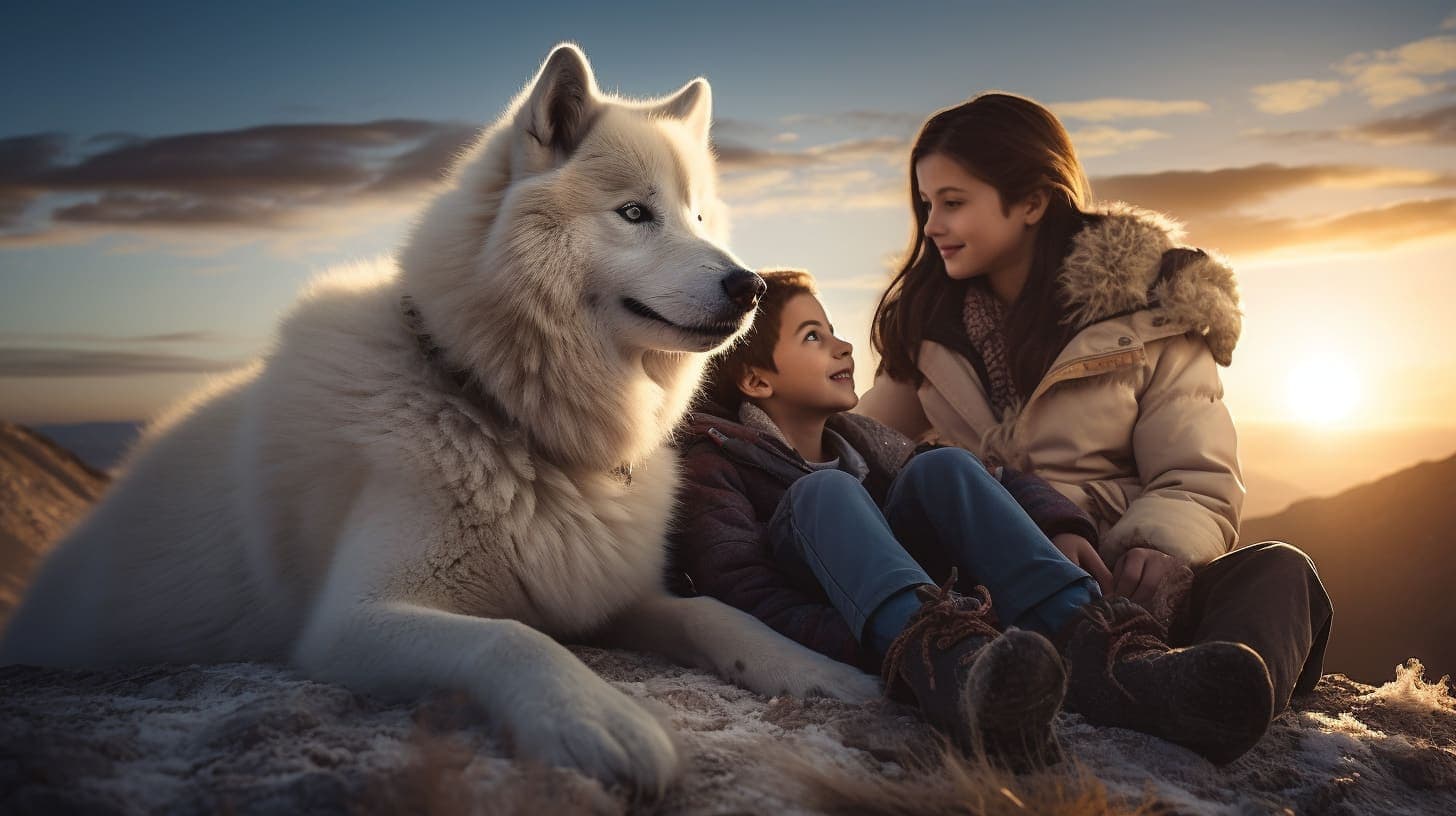
Tags
Related Articles

Overcoming Socialization Challenges with Your Husky
Struggling with socializing your Husky? Our detailed guide provides essential tips and strategies for helping your Husky become a well-socialized, friendly companion.

The Importance of Early Socialization for Your Husky
This article explores the significant role of early socialization in shaping the behavior and health of your Husky. It provides a comprehensive guide on how and when to start, the benefits, and practical tips to ensure a successful socialization process. Start your Husky's journey towards becoming a well-rounded and healthy dog.

Top 5 Socialization Tips for Huskies
Discover our top 5 socialization tips for Huskies. This guide provides valuable insights into shaping your Husky into a well-adjusted, friendly pet. From puppyhood to adulthood, learn the importance of socialization and how to implement these strategies effectively.